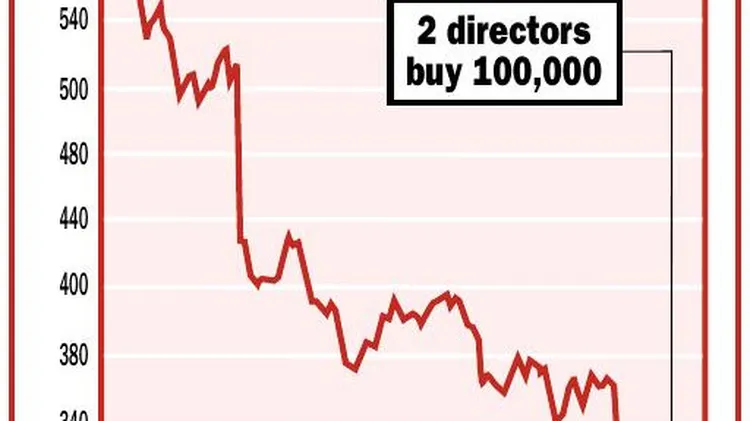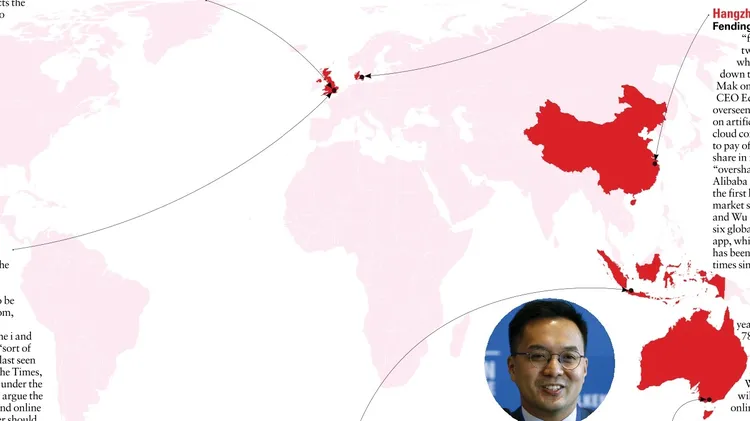Another challenger to the big four lenders is to vanish now that Nat
Small banks bite the dust
2 min read
This article is from...
Read this article and 8000+ more magazines and newspapers on Readly





